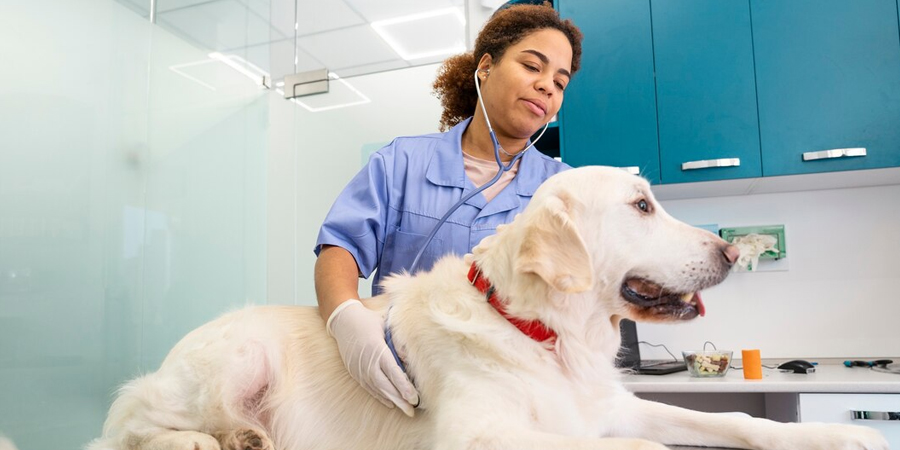Introduction: Ensuring your furry friend’s well-being begins with proper nutrition. A balanced diet is crucial for your dog’s overall health, energy levels, and longevity. In this blog post, we’ll explore the key elements of a healthy canine diet.
- Understanding Nutritional Needs: Dogs require a mix of proteins, carbohydrates, fats, vitamins, and minerals for optimal health. It’s essential to choose high-quality dog food that meets these nutritional requirements. Consult your veterinarian to determine the specific needs of your dog based on factors like age, size, and activity level.
- Meal Portions and Feeding Schedule: Maintaining a healthy weight is vital for your dog’s well-being. Overfeeding can lead to obesity, while underfeeding may result in malnutrition. Establish a feeding schedule and portion sizes appropriate for your dog’s age and weight. Treats should be given in moderation, and it’s important to resist the temptation to share human food, as some can be harmful to dogs.
- Hydration Matters: Just like humans, dogs need an adequate amount of water to stay hydrated. Ensure that your dog has access to clean, fresh water at all times. Dehydration can lead to various health issues, so pay attention to your dog’s water intake, especially during hot weather or increased physical activity.
Conclusion: By paying attention to your dog’s nutritional needs, meal portions, and hydration, you’re taking significant steps toward promoting their overall health and happiness.












